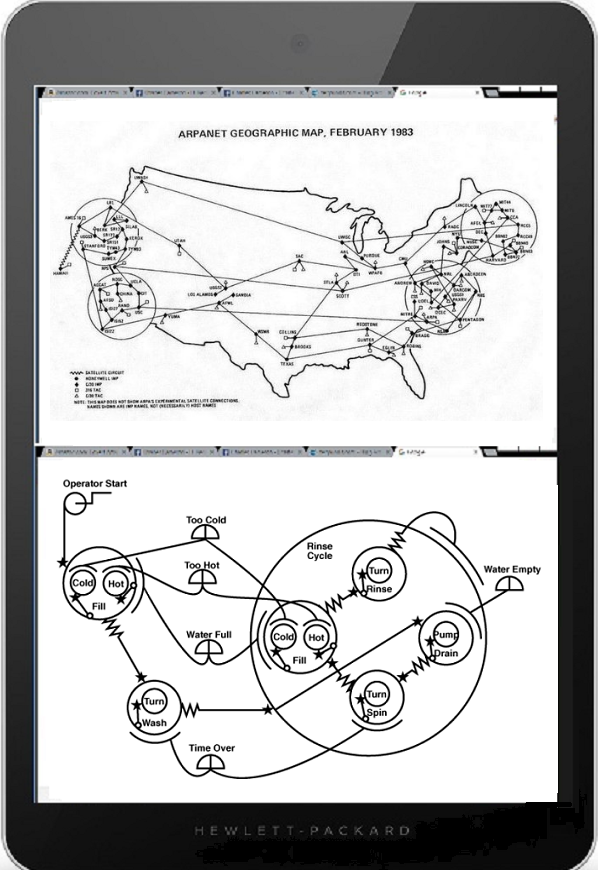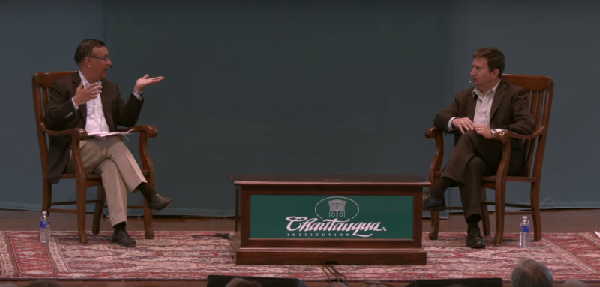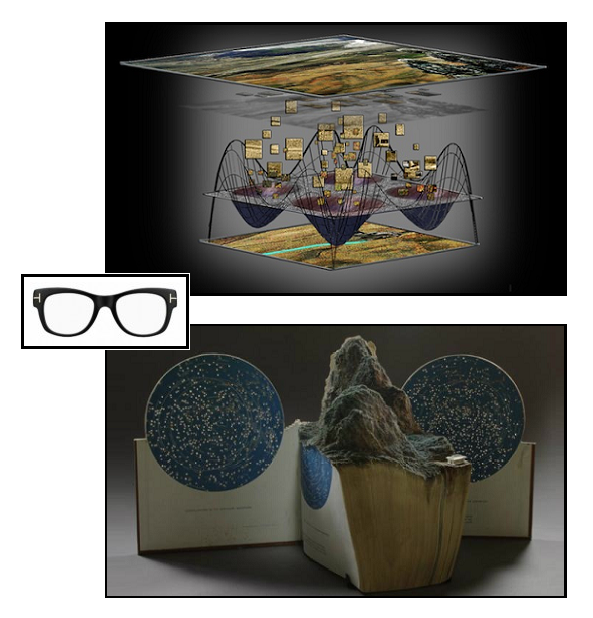Ursula K Le Guin and a schooling in magic, mystery
Thursday, August 29th, 2019[ by Charles Cameron — the magic of names, the mystery of creation ]
.
Let’s begin with Russell Moore, controversial president of the Ethics & Religious Liberty Commission of the Southern Baptist Convention:
He’s concerned about deep fake, or more exactly deepfakes, in which AI is used to develop model of people’s faces, which can then be manipulated to “make them” say things the real people wouldn’t say and haven’t said. There’s a fairly well-known TED talk that explains:
The speaker, Supasorn Suwajanakorn, mentions towards the end of his talk that he’s working on software called Reality Defender, while DARPA is running a contest to catch deepfakes and other AI trickery.
Boom!! — we’re in the realm of untruth so subtle it can fool both ear and eye, so we can no longer trust that seeing is believing. Indeed, Charlton Heston’s Moses could no doubt now be persuaded to come down from the mountain and declare:
Thou shalt make unto thee fake images, and any likeness of any person that is in heaven above, or that is in the earth beneath, or that is in the water under the earth
From a strict Christian perspective this would be blasphemy — but fun from the POV of Dawkins and the antitheists, and entirely feasible from the perspective of digital manipulation of existing video.
And in Russell Moore‘s terms, the fundamental distinction here is between he who is the Truth, the Way and the Life, and that which is the Father of Lies.
**
Which brings us to Ursula K Le Guin, and her magnificent work, Wizard of Earthsea. Ursula grew up in the household of her parents: her father, AL Kroeber was of the great wave of anthropologists trained by Franz Boas, while her mother, Theodora Kroeber, was also an anthropologist, celebrated for her 1961 book Ishi in Two Worlds, based on her husband’s curation, around the time of the First World War, of Ishi, the last surviving member of the Californian Yahi tribe.
Le Guin, then, grew up in the household of the UC Berkeley Professor of Anthropology — a household visited by numerous other anthropologists with their tales of shamans and the varieties of magical practice around the world.. Not surprisingly, her vision of magic in Earthsea corresponds with that of many varieties of shamanism..
Here we are dealing with magic as deep truth, or deeptrush, so to speak. And Le Guin‘s definition of magic is to know the true name of all that is.
**
Here, it seems to me, we are in the realm of the Prologue to St John’s Gospel:
In the beginning was the Word, and the Word was with God, and the Word was God.
with its extraordinary conclusion:
And the Word was made flesh, and dwelt among us
And returning to Le Guin, we find the nature of Word as True Name spelled out in its cosmic glory:
It is no secret. All power is one in source and end, I think. Years and distances, stars and candles, water and wind and wizardry, the craft in a man’s hand and the wisdom in a tree’s root: they all arise together. My name, and yours, and the true name of the sun, or a spring of water, or an unborn child, all are syllables of the great word that is very slowly spoken by the shining of the stars. There is no other power. No other name.
Can we also hear in Le Guin‘s words that therein lies the deepmagic?
**
And quoting from that video clip:
He who would be the Sea Master must know the True Name of every drop of water in the sea.
Magic exists in most societies in one way or another. And one of the forms that it exists in a lot of places is, if you know a thing’s True Name, you have power over the thing, or the person. And of course it’s irresistible, because I’m a writer, I use words, and knowing the names of things, is, I do, magic. I do, make up things that didn’t exist before, by naming them. I call it Earthsea — and there it is, it exists!
We’re close, here, to Genesis 1.3:
And God said, Let there be light: and there was light.
Here, as Tolkien noted, the human creator works within the greater work of creation in which she partakes.






